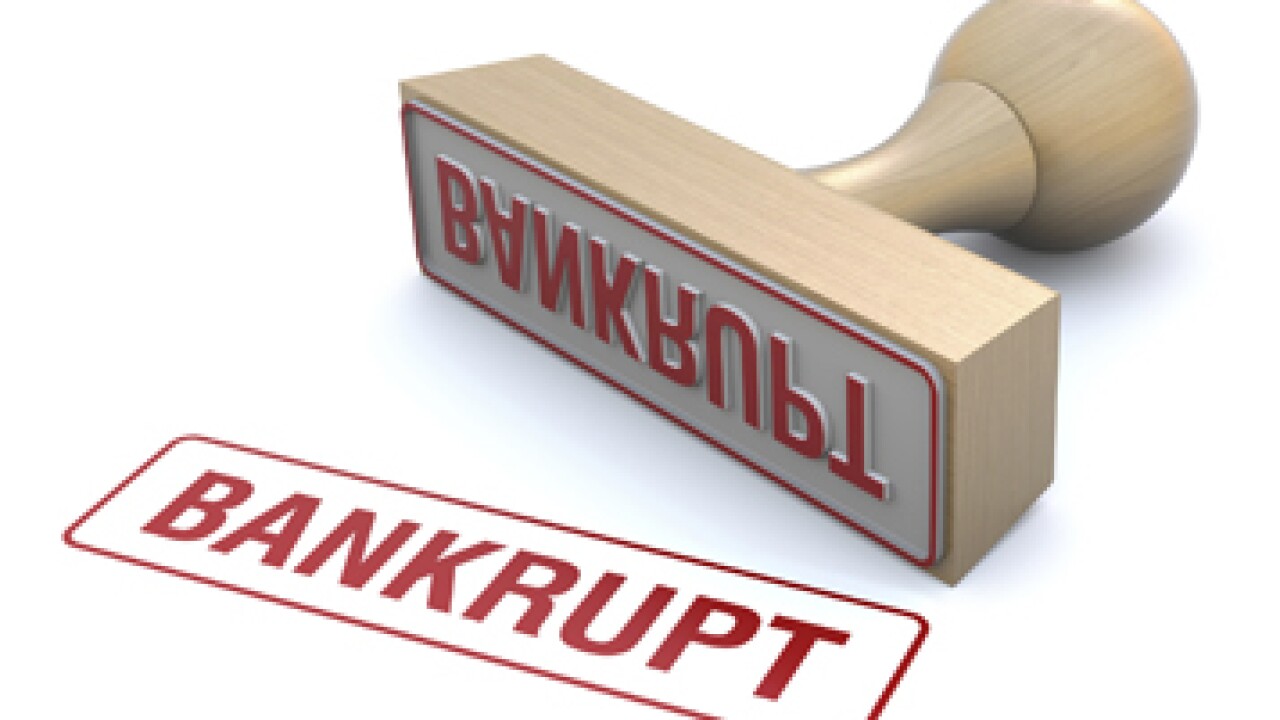Puerto Rico Gov. Ricardo Rosselló signed a tax reform Monday that he said would provide $2 billion in tax relief to the island’s taxpayers while cracking down on tax evasion.
The Oversight Board immediately released a statement saying that it was skeptical that the measure was revenue neutral. The board called for the governor by Dec. 19 to certify that the measures were either consistent or inconsistent with the certified fiscal plan.

The tax reform comes as the governor and board are trying to restructure a broad range of central government and sales and use tax supported bonds, with a total par value of about $35 billion.
The tax measure includes the introduction of an earned income tax credit, reduction of individual and corporate tax rates, lowering of the sales and use tax rate for prepared foods, and elimination of the business to business tax for businesses with annual gross sales under $200,000.
“We have reduced government’s operating expenses by nearly 22 percent when compared with the expenses of 2016,” Rosselló said. “These fiscal responsibility actions allow us today to present this reform that is fiscally neutral and every dollar that is granted to the people has a source of repayment.”
If the new tax law goes forward, the tax credit would provide annual payments to low-income workers of between $300 and $2,000, depending on their income and number of dependents.
The sales and use tax rate on prepared foods would be reduced to 7% from 11.5%.
The tax reform would reduce the corporate tax rate to 37.5% from 39%. Individuals would be given a credit equal to 5% of their tax bill.
The tax system would be adjusted to reduce tax evasion and deduction abuses.
Finally, the government would legalize and tax revenues from video lottery machines, which are widely available on an illegal basis. Money from these won’t go to the government’s General Fund. Rather, 50% would be used to support police pensions, 45% would aid municipal governments pay for health insurance, and 5% would be used to administer collections from the video lottery machines.
“The tax reform has an average cost of $250 million per year for a total of over $1.09 billion in 5 years, without considering the earned income tax, which grants another $1 billion to eligible taxpayers [in the same period],” said Puerto Rico Office of Budget and Management spokeswoman Iliana Rivera Deliz.
Rosselló and Puerto Rico’s House and Senate have been working on developing the tax reform since at least the spring. At times the board has indicated that the bill has problems.
“The Oversight Board recognizes the many revisions made by the government and the legislature to align the legislation with the commonwealth fiscal plan,” Board Executive Director Natalie Jaresko said. “However, the Oversight Board has repeatedly expressed its concerns that the video-lottery provisions included in the legislation are not revenue neutral because the government and legislature have not put forth sufficient evidence that these changes will not cannibalize existing commonwealth fiscal plan revenues.”





